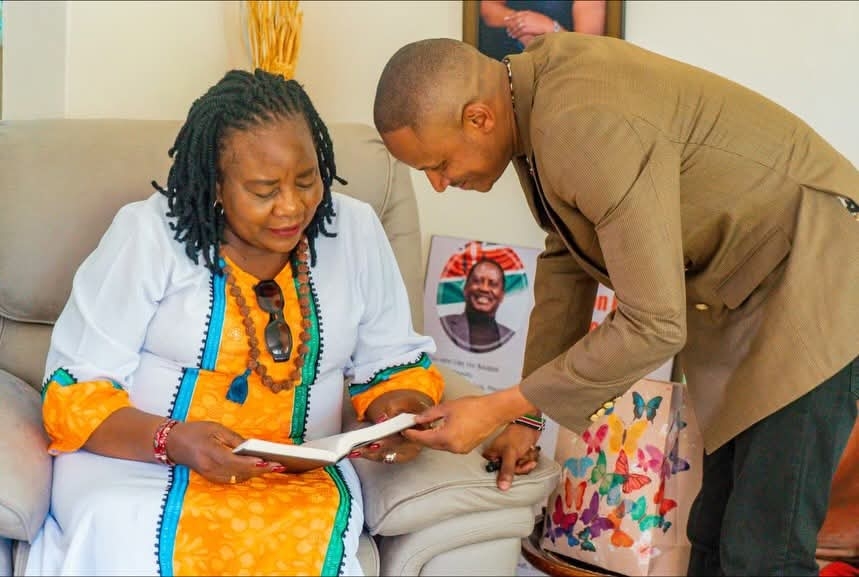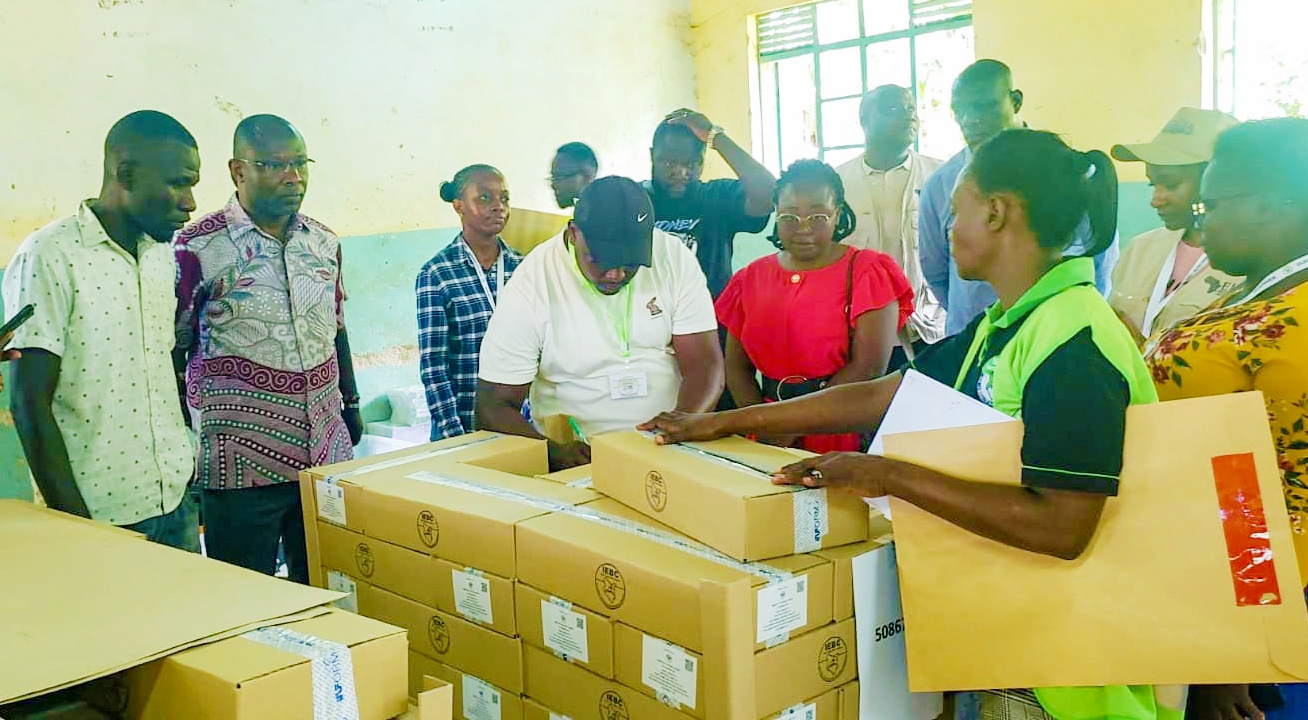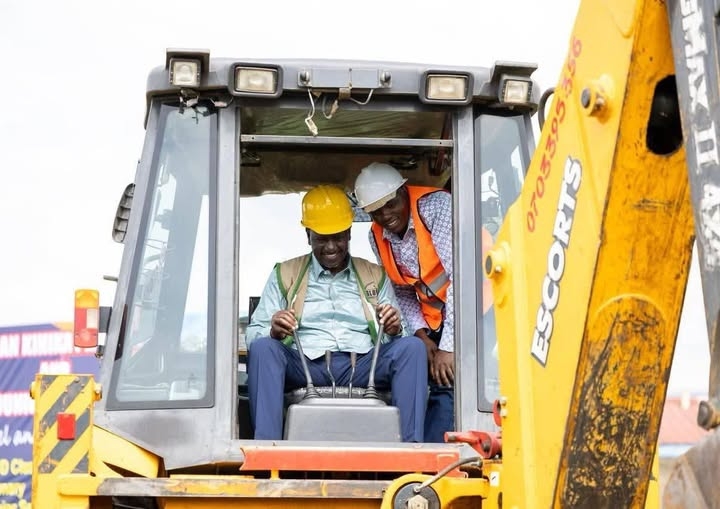Some 680,000 smallholder tea farmers will benefit from the first batch of 47,300 tonnes of subsidised fertiliser flagged off at the Mombasa port on Wednesday by Agriculture PS Paul Ronoh.
He said the one million bags of fertiliser that left the port on Wednesday will reach the farmers starting Thursday.
Another batch of one million bags will be received in three weeks and will benefit nearly 800,000 tea farmers across the country.
The tea sector is critical to the country’s economy, touching eight million households, according to the PS.
“It is both the pillar and foundation for our economy,” he said.
In the past one year, the sector contributed about four per cent to the GDP, moving from Sh138 billion to close to Sh200 billion.
This is attributed to good rains and the fertiliser subsidy programme.
He urged farmers to step up their game as the government continues to look for markets.
Ronoh said the unsold stock of tea, which is about 37 million kilos, is being cleared steadily because of new-found markets. The tea has been lying in warehouses in Mombasa.
Two big buyers have been identified and within the next month, all the unsold tea will have been cleared.
“The Kenya Tea Development Agency programme that has been put in place will ensure there will be no unsold tea carried forward above 40 million kilos,” the PS said.
This is the internationally accepted volume of tea allowed to be carried into the following year.
He said the cost of a bag of fertiliser will still remain at Sh2,500.
The PS said the government is still in the process of sorting out tea bonuses, a critical agenda for farmers, especially those who got low bonuses for their produce last year.
Different factories got different bonuses, with the low bonus awarded to factories being occasioned by operational deficiencies and low quality products.
“We have commissioned an audit of all the factories to check on their challenges so the government and KTDA can support the factories facing efficiency issues in terms of operations,” Ronoh said.
He said the reforms implemented in the sector will help improve tea quality. Ronoh said poor quality leads to low income for some factories, which have old machines.
The PS said most of the new factories received good bonuses because of their relatively new machines compared to the older factories.
“Their income and quality were higher than those of the old factories. So, as government, we will look into that mater and see how to support the old factories,” he said.
More tea markets are being opened across the globe, with China and the Middle East forming part of the biggest new markets eyed.
Russia, which has been selling farm inputs to Kenya, is a market that the government is eyeing to get a win-win trade partnership.
“This will help us reduce on the issue of unsold tea and influence the pricing of our tea,” Ronoh said.
He said a value addition programme for tea is on and the construction of common user facilities in tea-growing zones is underway.
These will help small-scale farmers to package their tea more attractively and fetch better prices.
Common user facilities that have and will be launched are in Kericho, Mombasa, Nairobi and Eastern.
Proper calibration of tea machines will help save on tea theft and wastage.
“We realised that some machines give wrong readings either by design or by error,” Ronoh said.
However, the Tea Board of Kenya will be going round to inspect all tea factories, and the machines, the PS said.
He said this is to ensure, for example, that the weighing machines give the correct weight of tea to avoid theft.
KTDA chairman Enos Njeru said because of the aggregation model they receive the fertiliser at low prices.
He said this is the third year they have received subsidised fertiliser.
“Today’s fertiliser was not procured at Sh2,500. It was procured at a higher price but government decided to subsidise for farmers so that they receive it at Sh2,500," Njeru said.
“There is that commitment from government to pay the balance, which is about Sh1,000.”
He said rains are expected in October and urged farmers to prepare well to get quality tea.
Njeru said tea farmers have been keen on quantity instead of quality but this is now changing.
“This year, we have produced 1.4 million kilos of green leaf tea compared to last year when we received 1.1 million kilos of green leaf tea, an increase of 263,000 kilos, which is not a small thing,” he said.
He urged farmers to pluck tea leaves every eight days and not 15 as in the past, to help get better quality tea.
Kenya Ports Authority managing director Captain William Ruto said the ports efficiency has helped the tea fertiliser be offloaded in good time.
“This fertiliser arrived on Friday and by late afternoon, it will have all been offloaded,” he said.
Ruto said the authority understands the importance of quick delivery of fertiliser to the farmers.
In the past it used to take 15 days to offload fertiliser, now it takes only four days.

















